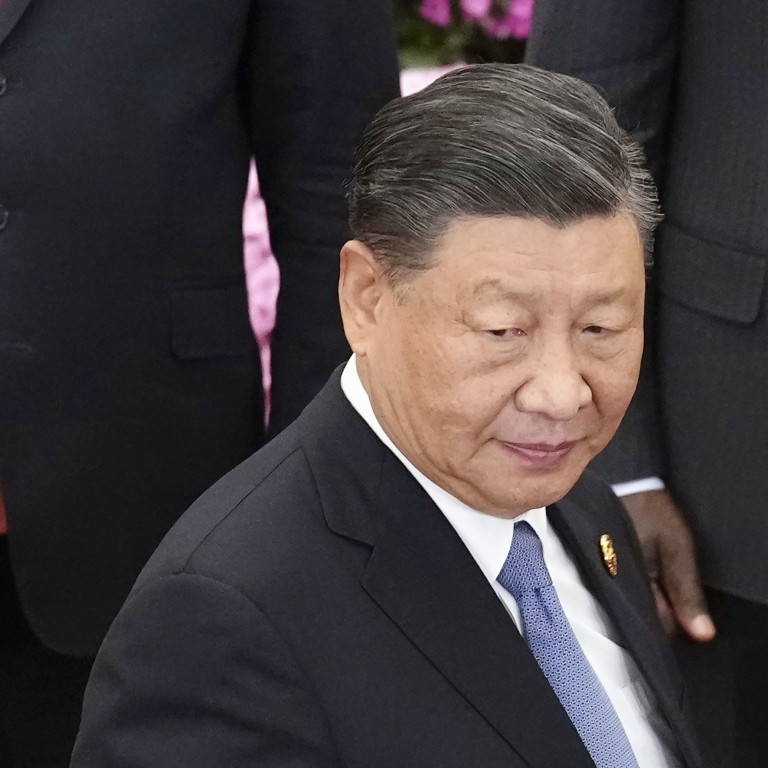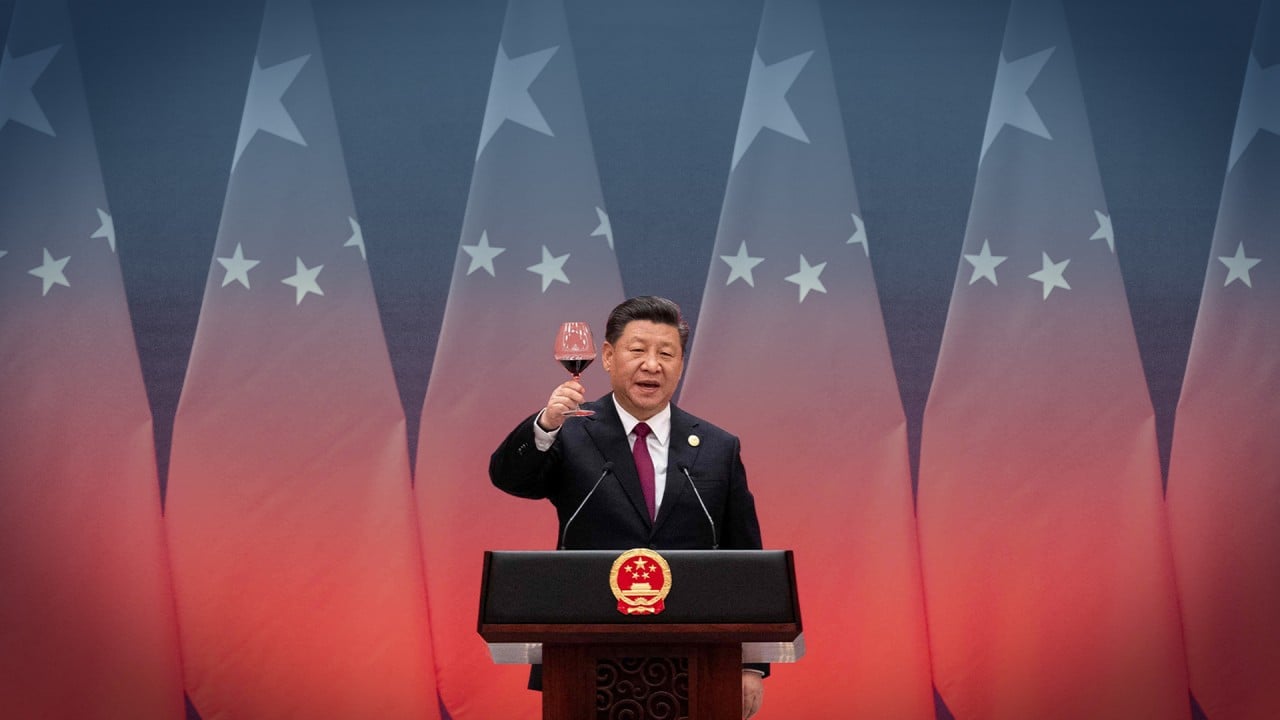
Chinese officials must feel they are being ‘followed by shadows’, President Xi Jinping says
- Chinese leader has told the country’s top auditors they must ensure there are no blind spots in their work
- Xi says those targeted by the Central Auditing Commission should have a sense that there is always someone looking over their shoulders
In his speech, Xi told the auditors that they must live up to their responsibilities by ensuring there are no blind spots in their work and the party’s policies are implemented as intended.
“The audit targets should feel that auditing follows them like a shadow, and they feel someone is watching over their shoulder at all times,” he said, stressing the need to keep a close watch on all units that manage public funds, state-owned assets and resources.
Xi highlighted five policy areas for auditors to focus on: finance, monetary policy, industry, technology and social affairs.
He also urged them to pay greater attention to work that supports high-quality development and the exercise of power as well as keeping employment and prices stable.
Auditing will also be used to reward or punish officials, he added.
The National Audit Office (NAO) has been operating since 1983 and celebrated its 40th anniversary this year. In Xi’s speech, he said the unit has played an important role in “promoting the implementation of party’s orders, maintaining economic order and in the fight against corruption”.
Xi also established the auditing commission to strengthen the party’s control over policies and their execution during his second term as president.
The task of the NAO differs from that of the party’s disciplinary arm, the Central Commission for Discipline Inspection, in that it keeps tabs on the finances of different departments, while the commission makes decisions on personnel changes.
In June, one month after Xi made the speech on auditing, the NAO published a report that said it had uncovered more than 1 billion yuan (US$138 million) in “misconduct against financial discipline” by government departments.
Discrepancies uncovered by the auditors included exorbitant pay hikes, unauthorised financial investments, and spending too little or too slowly on key projects.
The departments exposed included the foreign ministry, customs agency, the central bank and an affiliate of its top economic planner.

.jpg?itok=H5_PTCSf&v=1700020945)
